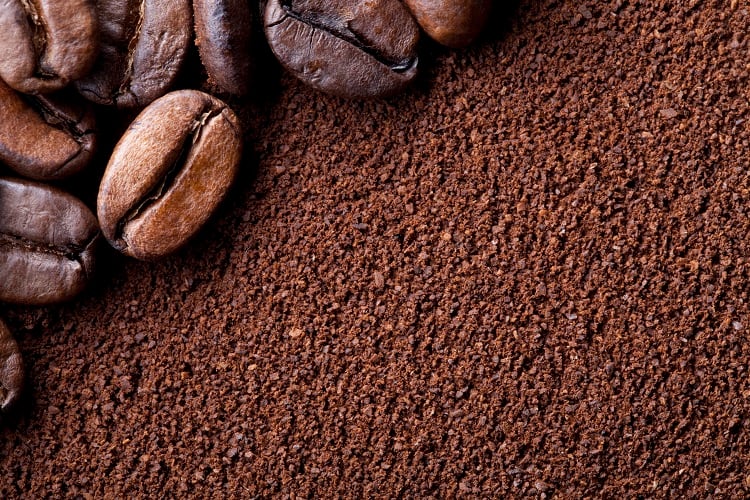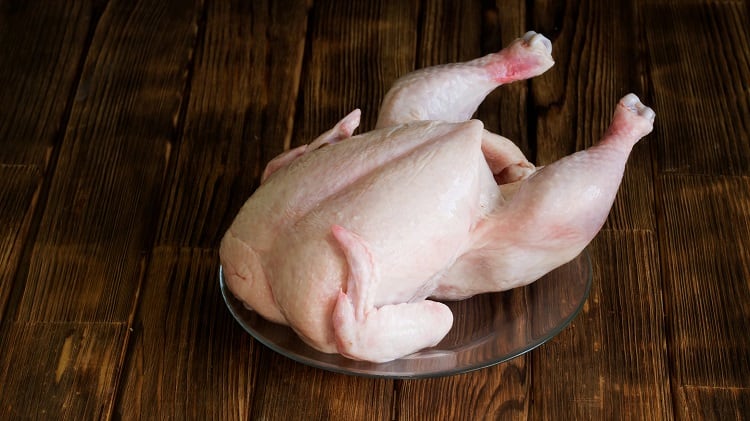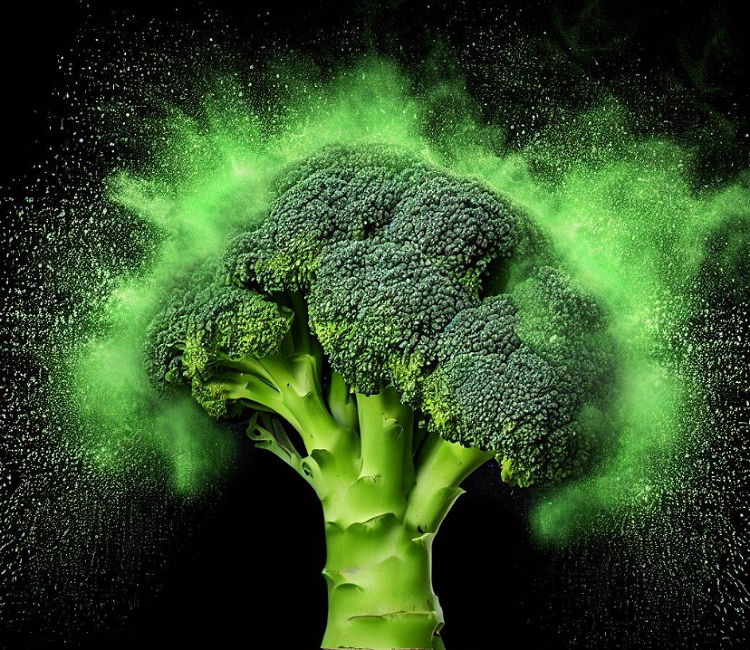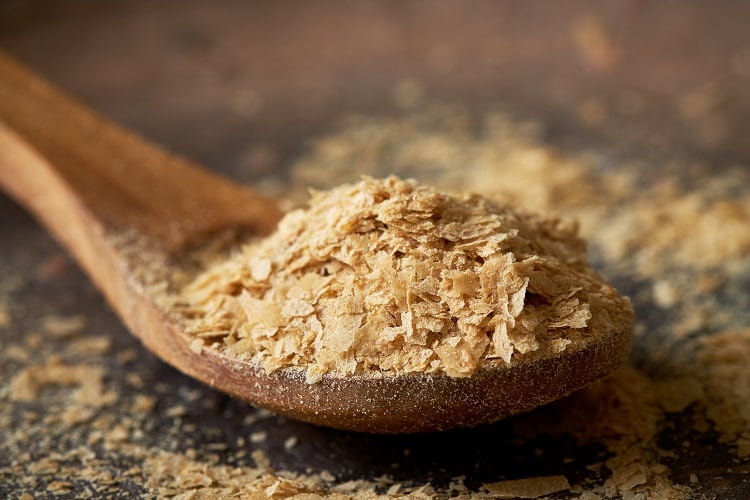When we brew ourselves a cup of coffee, according to Kaffe Bueno, we utilise a mere 1% of the nutrients found in the coffee’s biomass. When we throw away the coffee grounds, the nutrition rots away, depriving us of beneficial fats, proteins, antioxidants and other nutrients, and releasing carbon dioxide and methane while it’s at it.
Kaffe Bueno, with its new biorefinery in Rødovre, aims to stop this from happening, turning the wasted coffee grounds into food and cosmetic products for consumption and thereby preventing emissions.
The biorefinery, which has €2.5 million backing from the European Innovation Council, can upcycle 500 tons of coffee grounds each year.
“Some of the food ingredients in our portfolio include prebiotic fibre (soluble and insoluble), antioxidants, clean-label caramel colours, structured fats/emulsifiers, and an encapsulation agent for bioactives and probiotics,” Juan Pablo Medina, Kaffe Bueno’s CEO and Co-Founder, told FoodNavigator.
Reducing emissions
As well as creating products, the biorefinery also works to prevent the emissions that would have come from the coffee grounds had they not been upcycled. One of the greenhouse gasses coffee grounds usually emits is methane, which is 25 times more potent than CO2.
“We prevent this from happening,” Medina told us, “In this biorefinery, by using green chemistry and biotechnology we transform this by-product into different inputs/ingredients for personal care, human and animal nutrition and agriculture.”
The biorefinery is also able to keep emissions low in other ways. “The beauty of our solution is that not only do we reduce the emissions associated with coffee disposal but most importantly the ones associated with the ingredients we are replacing in our customer's formulations.
“Due to the fact that we don’t have any additional land (usually farming represents the biggest CO2 emissions in the value chain) plus the innovative and sustainable nature of our biorefinery processes, our ingredients have at least 80% less emissions than current than current alternatives.”
Expansion
The biorefinery, which opened in Denmark on 29 September, has the potential to expand up to 1,500 tons per year of production. This is not the culmination of Kaffe Bueno’s efforts, but only the beginning.
“Our focus right now is on delivering products from newly opened biorefinery, nonetheless, thanks to the availability of spent coffee all around the world, we are currently also talking to different potential partners in Germany, Netherlands, US and South America to potentially establish the next biorefinery there,” Medina told us.
“This commercial biorefinery will have a capacity of at least 15,000 tons. The decision on this location will depend on different factors and will be decided next year.”





